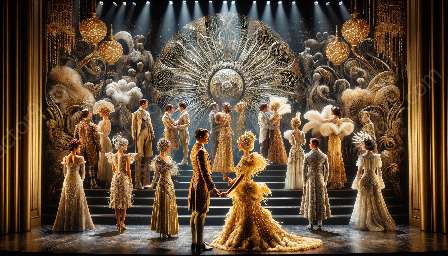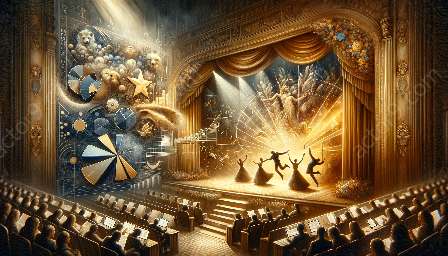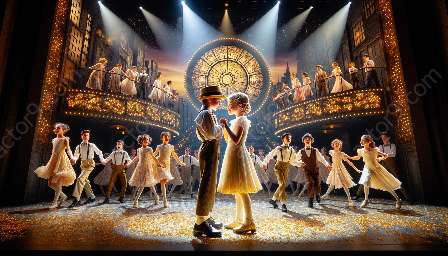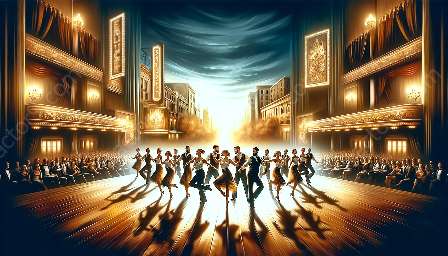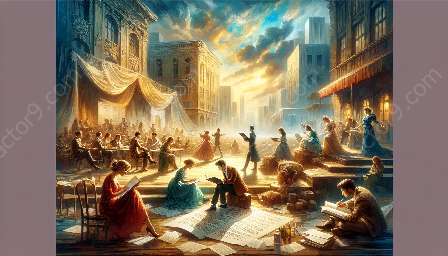Creating a successful script for a Broadway production requires a deep understanding of the essential elements that make a compelling and engaging theatrical experience. From strong character development to captivating dialogue and seamless plot progression, a successful script for Broadway encompasses various critical components.
In scriptwriting for Broadway, writers must consider the unique aspects of live theater and the expectations of audiences who attend musical productions. The script serves as the foundation for the entire production, influencing every aspect of the show’s creation and execution.
Key Elements of Scriptwriting for Broadway and Musical Theater
- Compelling Characters: Developing multi-dimensional, relatable, and engaging characters is essential for a successful script. Characters should have depth, complexities, and motivations that resonate with the audience.
- Engaging Dialogue: Well-crafted dialogue plays a crucial role in holding the audience's attention. It should be natural, dynamic, and reflective of the characters' personalities and emotions.
- Captivating Plot: A compelling story or plotline that keeps the audience invested from the opening scene to the final curtain is fundamental. Intriguing plot twists and well-paced narrative development are key.
- Emotional Resonance: Successful Broadway scripts often evoke a range of emotions, creating a deep connection between the characters and the audience. Emotional resonance is crucial for leaving a lasting impact.
- Seamless Integration of Music: For musical theater productions, the seamless integration of music into the script is essential. The songs should advance the plot and illuminate the characters' inner thoughts and feelings.
- Captivating Setting: The setting and environment in which the story unfolds should be vivid, immersive, and integral to the narrative. It should transport the audience into the world of the play.
Understanding the Audience and Live Performance
When crafting a script for a Broadway production, it is essential to consider the expectations and experiences of the live audience. Unlike film or television, theater offers a unique form of engagement, requiring the script to take into account the energy, reactions, and interactions of the live audience.
Furthermore, understanding the dynamics of live performance, including the use of stage directions, pacing, and the potential for improvisation, is crucial. The script should provide a clear framework for the actors and production team while allowing for the spontaneity and authenticity inherent in live theater.
Collaboration and Iteration
Creating a successful script for a Broadway production often involves collaborative efforts between the playwright, director, composers, choreographers, and other creative team members. This collaborative process allows for the exploration of multiple perspectives and the refinement of the script to best serve the overall vision of the production.
Furthermore, the scriptwriting process typically involves iterative revisions, with feedback and input from various stakeholders. This iterative approach allows the script to evolve and improve, ensuring that it meets the high standards set by the Broadway and musical theater industry.
Conclusion
A successful script for a Broadway production is a harmonious blend of compelling characters, engaging dialogue, captivating plot, emotional resonance, seamless integration of music, and a captivating setting. Understanding the unique dynamics of live theater and the collaborative nature of the creative process are also essential for crafting a script that resonates with audiences and contributes to the magic of Broadway.







